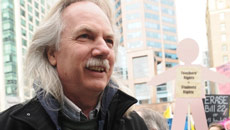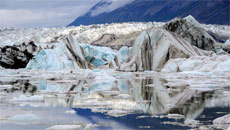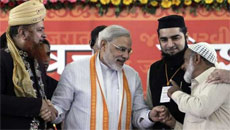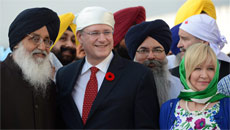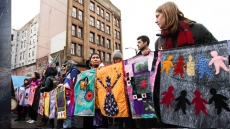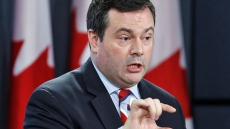The World Health Organization is trying to dampen runaway enthusiasm in some quarters for trying a number of untested compounds to treat Ebola in West Africa.
The global health agency says it is only interested in pursuing therapies which have been shown to combat Ebola infection in animal studies as it helps countries prepare to use medical tools that are untested in humans.
The record large size of this outbreak is giving rise to all sorts of claims of possible treatments.
Both the U.S. Food and Drug Administration and the WHO have issued warnings that hucksters are selling putative remedies on the Internet, even though nothing has yet been proven to cure the disease in people.
And several scientists are arguing that licensed drugs such as cholesterol-lowering statins should be tried because they might help the immune system fend off Ebola's overwhelming attack.
The WHO's point person for this file says the agency is not going to be pursuing those types of options when it meets with affected countries and experimental drug manufacturers on Sept. 4 and 5.
"It's not any other vial of whatever medicine which is in a drawer ... that could be potentially tested in such a scheme. This is something which is still meant to remain exceptional," says Dr. Marie-Paule Kieny, the agency's assistant director general for health systems and innovation.
"It doesn't mean everything. It means the things which have been proven effective in relevant animal models, of course."
Earlier this week a panel of experts including ethicists was convened to advise the WHO on whether untested drugs and vaccines should be tried in this outbreak.
There are a number under development that have been studied in primates, but most have not been tried in humans. So it's not known if they are safe to administer or whether they will work as well in people as they do in primates.
The panel agreed that trying the experimental treatments was an ethical option, a decision likely influenced by the surprise use in late July of one unlicensed compound, a drug called ZMapp, in two American aid workers who were infected in Liberia.
The panel's pronouncement seems to have created expectations that many different options might be explored — even drugs that haven't been tested on Ebola-infected animals.
But Kieny calls that idea ridiculous and says that will not be part of the WHO initiative.
The early September meeting will involve assessing "credible" drug options and getting solid data from drug and vaccine developers about how much of their product is available now and how much more could be produced over the next six months, Kieny says.
The agency also wants to see the full dossiers on the drugs and vaccines so that its experts can assess them.
"Because especially for the things which will be deployed under the WHO initiative, such as the Canadian vaccine which has been given to us, we have a responsibility of knowing what is in the bottle," Kieny says.
Earlier this week the federal government announced it will donate between 800 and 1,000 doses of an experimental Canadian-developed Ebola vaccine for use in the outbreak.
It's not yet clear how or where the vaccine will be used, though Kieny says it might make sense to save it for when a health-care worker or member of a response team is exposed to the virus. In animal studies the vaccine was effective at both preventing infection when given in advance, and in increasing the chances of survival when given shortly after infection.
Close to 10 per cent of the cases in this outbreak have been health-care workers treating the sick. As of Aug. 13, 2,127 people in four West African countries have been infected, and 1,145 have died, the WHO says.
Kieny says the WHO's ethics panel, which will meet again before the September meeting, will be asked to recommend ways to use the Canadian vaccine doses.
The vaccine will not likely be deployed before the September meeting, Kieny says, noting that the company that has licensed the rights to the product — NewLink Genetics of Ames, Iowa — is hoping to begin a Phase 1 clinical trial in September. A Phase 1 trial involves giving a drug or vaccine to healthy volunteers to see if it is safe to use in people.
Kieny suggests it would be good to have at least a little evidence that the vaccine is safe to administer to people before sending it for use in the outbreak.
"It is ethical, as the (ethics) group has said, to use it before it is registered. But maybe not before it has been into any humans," she says.
To date the only person who has received it is a German researcher who was involved in an Ebola laboratory accident in 2009. The scientist survived, but it was not clear whether she was infected so it is not known if the vaccine helped her to survive.
Kieny says there is work to be done before any of the experimental options can be used. The WHO needs information on how they must be transported and maintained — at what temperature, for instance — and how they are administered.
And it needs to take care of some legal and ethical issues.
"We have to write a protocol (for administration). We have to write an informed consent (form), because things will be provided under an informed consent. We need (to figure out) what kind of a liability provision needs to be put in," Kieny says.
The team she is working with is drawing on experience from the 2009 H1N1 flu pandemic, when the WHO distributed donated vaccine to countries which could not purchase it themselves. That effort laid a groundwork that is proving useful for the Ebola effort, Kieny says. "Absolutely. We have some old recipes here."
